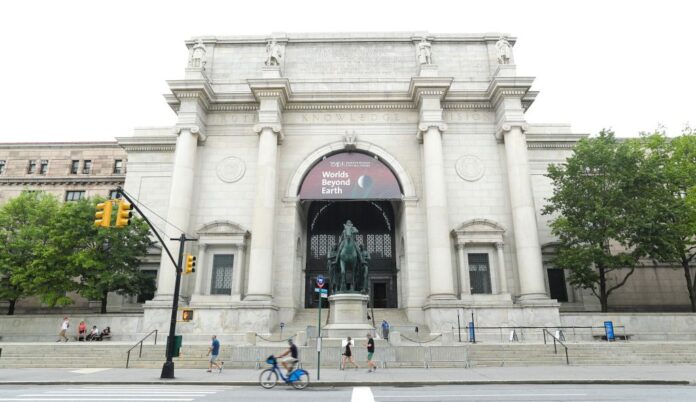
According to ProPublica’s “Repatriation Project”, several museums and universities in the US are holding indigenous remains in their permanent collections, three decades after a law was passed in the US requiring their return.
A joint project with NBC News includes a public database. It contains about 100,000 Native American remains held in the collections of museums in the U.S., universities and government agencies.
The investigation looks at an apparent lull in the national repatriation effort following the passage of the 1990 Native American Graves Protection and Repatriation Act (NAGPRA). Museums in the US have been forced to review their collections for indigenous remains and initiate their return.
The investigation found that some museums in the U.S. exploited a legal loophole in the NAGPRA. It allows requests for items labeled “culturally unidentifiable” by museum officials to be suspended indefinitely.
News of the project’s results comes months after the US Department of the Interior released proposed 1990 legislative changes after years of consultation with more than 600 US tribes. The proposal, released in October 2022, aims to change the 30-year standard. It invites museums in the U.S. to concede to tribal representatives when it comes to the meaning of unidentified materials that are the subject of return requests.
Some institutions responded to the findings of the investigation. The New York State Museum said it is currently negotiating with a First Nations representative in New York for a return under NAGPRA.
The Brooklyn Museum has said it holds two remains that are potentially Native American. But according to the Hyperallergic report, they are not culturally identified.
The American Museum of Natural History in Manhattan is reported to have the largest number of Native American remains in New York City. There are 3,500 sets of remains in their collection.
Universities have also responded. For example, Stanford holds the remains of 36 Native Americans. The university has disputed ProPublica’s presentation of the number of returns they have made since the 1990 law.
The university pointed out that the ProPublica report did not take into account the number of remains that were returned outside the purview of NAGPRA. Stanford oversees the anthropology lab that house The project’s conclusions come as calls for the decolonization of Western institutions have intensified in recent years. Along with this trend, there has been a renewed focus on institutions that house human remains. d the remains. The university says more than 1,000 remains were returned before 1990.
The Pitts River Museum in Oxford, England, for example, has a large collection of ethnographic materials and recently removed human remains from display. Since 2020, he has revealed commitments to indigenous communities in public texts. Other supporters called on university museums to stop storing the remains of enslaved people.
























